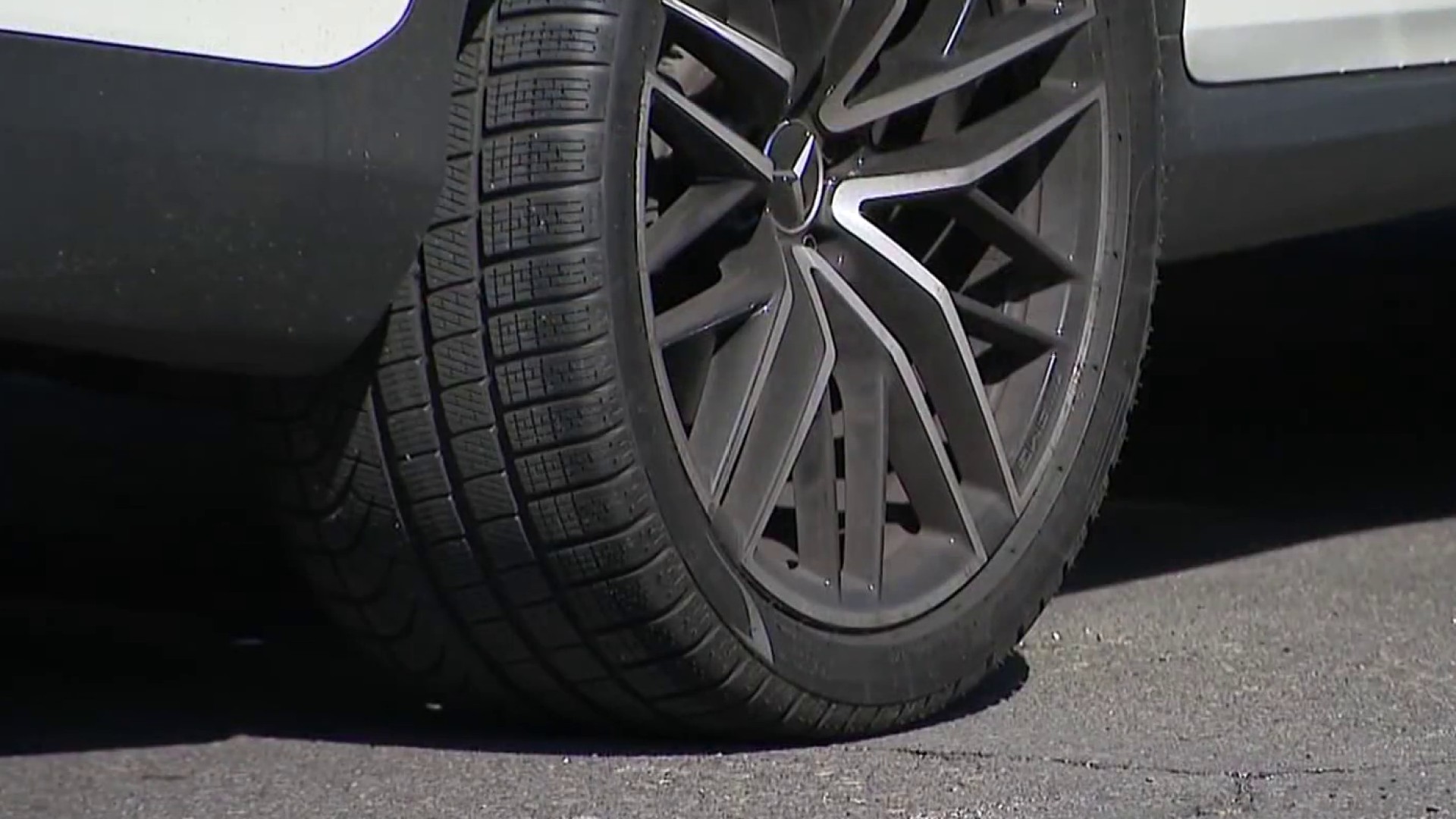A judge has upheld two jury convictions against Delaware’s Democratic state auditor for official misconduct and conflict of interest but tossed a third misdemeanor conviction for improperly structuring contract payments to a consulting firm. In issuing his decision Tuesday, the judge rejected Kathy McGuiness’ request for a new trial.
What to Know
- A judge has upheld two jury convictions against Delaware’s Democratic state auditor for official misconduct and conflict of interest but tossed a third misdemeanor conviction for improperly structuring contract payments to a consulting firm.
- In issuing his decision Tuesday, In issuing his decision, Superior Court Judge William Carpenter Jr. rejected Kathy McGuiness’ request for a new trial. The judge is now expected to schedule a sentencing date on the charges which carry a presumptive sentence of probation.
- McGuiness, meanwhile, plans to appeal and continues to campaign for re-election ahead of a Sept. 13 primary contest.
A judge on Tuesday upheld two convictions against Delaware’s Democratic state auditor for official misconduct and conflict of interest but tossed a jury’s third misdemeanor conviction for improperly structuring contract payments to a consulting firm.
In issuing his decision, Superior Court Judge William Carpenter Jr. rejected Kathy McGuiness’ request for a new trial.
Carpenter is now expected to schedule a sentencing date on the charges, each of which carries a maximum penalty of one year in prison but a presumptive sentence of probation.
Get top local stories in Philly delivered to you every morning. Sign up for NBC Philadelphia's News Headlines newsletter.
“Once sentenced, Ms. McGuiness intends to appeal her conviction to the Delaware Supreme Court, where we will point out the legal and factual errors that led to her being wrongly convicted for a crime that she did not commit,” defense attorney Steve Wood said in a prepared statement.
A spokesman for Delaware Department of Justice indicated that the office would withhold comment until after sentencing.
A Kent County jury convicted McGuiness last month on the three misdemeanor counts but acquitted her on felony charges of theft and witness intimidation.
Politics
McGuiness, who as auditor is responsible for rooting out government fraud, waste and abuse, is the first statewide elected official in Delaware to be convicted on criminal charges while in office.
McGuiness has maintained her innocence and is seeking re-election. She is being challenged by attorney Lydia York in a Sept. 13 primary contest. Recent campaign finance reports showed York, who is endorsed by the state Democratic Party, raising almost double the amount McGuiness had raised as of mid-August.
The conflict of interest charge involved the May 2020 hiring of McGuiness’ daughter, Elizabeth “Saylar” McGuiness. Prosecutors alleged that Saylar McGuiness, 20, and a friend were hired even as other part-time workers in the auditor’s office left because of a lack of work during the early stages of the coronavirus pandemic. Authorities said McGuiness then allowed her daughter special privileges, including access to a state vehicle and permission to work remotely while away at college in South Carolina, that were not available to other “casual-seasonal” workers.
Wood presented evidence during the trial that other casual-seasonal workers also had access to the state vehicle. In his motion for a new trial, he also suggested that the defense had discovered that other casual-seasonal workers also were allowed to continue working while attending college, but no such evidence was presented at trial.
“Ms. McGuiness’s daughter did the same work as the other college interns, was paid the same or less as the other college interns and was not the only college intern who was permitted to work remotely while away at school,” Wood said Tuesday.
“Delaware law does not prohibit the hiring of close relatives,” Wood added. “The practice is common throughout state government, and there are at least four current members of the General Assembly whose children worked at Legislative Hall.”
The judge said, however, that his decision on a new trial must be based on trial evidence, not post-trial affidavits, and that there was nothing to suggest that prosecutors knew about other casual-seasonal workers working remotely while at college or withheld such evidence.
Carpenter also noted that McGuiness purportedly allowed two other young part-time employees to work from college only after extending that benefit to her own daughter.
“Unfortunately for the defendant, consistent bad judgment does not make it right,” he wrote.
While acknowledging that there is no prohibition against a state officer from hiring a close relative, Carpenter said the hiring decision must be done through the normal administrative process, especially when the officer has a personal or private interest in the decision. He said McGuiness clearly had a personal interest in getting a summer job for her daughter, and that the evidence showed she participated in her daughter’s hiring and supervision, and allowed her the “unique” benefit of working remotely while at college.
The judge also said the social media work done by McGuiness’ daughter and the communications services provided by the consulting firm My Campaign Group were intended to raise the profile of the auditor’s office and therefore benefited McGuiness personally.
“There was evidence to suggest that the defendant clearly wanted to emphasize her position as the state auditor and it was her name and not the office that would be prominent in all communications that were made public,” Carpenter wrote, adding that the evidence supported the conviction for official misconduct.
The judge ruled, however, that the contract with My Campaign Group was properly executed, and that McGuiness’ alleged failure to properly follow accounting rules did not amount to a crime. Prosecutors alleged that McGuiness kept payments for the contract under certain amounts to avoid having to get them approved by the state Division of Accounting.
Sign up for our Breaking newsletter to get the most urgent news stories in your inbox.



